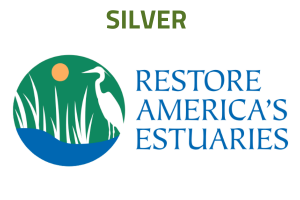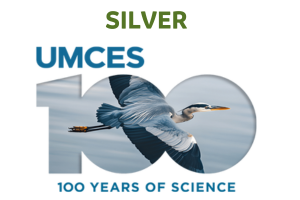- About
- Program
- Registration
- Experience
- Student & EC
- Hotel/Travel
- Sponsor/Exhibit
- Resources & More
CERF 2021 Plenary Sessions
|
||||||||||||||||||||||||||||||||||||||||||||||
| Chris Mooney | |
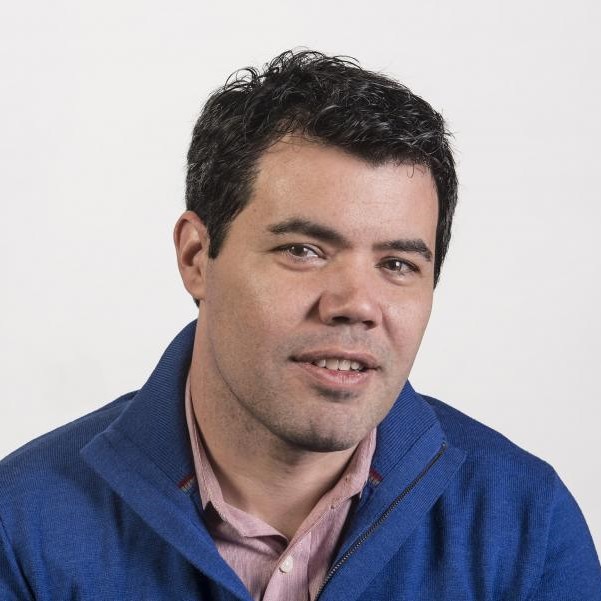 |
Chris Mooney is an author and science journalist who conceived and led the effort that produced the series “2°C: Beyond the Limit,” that was awarded the 2019 Pulitzer Prize for explanatory reporting. He currently writes about energy and the environment at The Washington Post. He has published four books about science, politics, and climate change. He previously worked at Mother Jones, where he wrote about science and the environment and hosted a weekly podcast. Mooney spent a decade before that as a freelance writer, podcaster, and speaker, with his work appearing in Wired, Harper’s, Slate, the Los Angeles Times, and the Boston Globe, to name a few. Grandson of a well-known limnologist, Chris has carved out a niche as a journalist adept at data analysis and science. |
| Janet Nye, Ph.D. | |
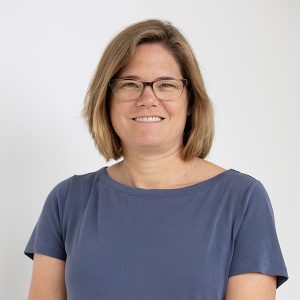 |
Janet Nye, Ph.D. is an Associate Professor at the Institute of Marine Sciences at the University of North Carolina. Her research focuses on the effects of climate variability and climate change on fish, fisheries, and marine ecosystems. Specifically, she studies how climate and fishing interact to cause shifts in spatial distribution and abundance of fish and invertebrates in the Northwest Atlantic, including local fisheries in Long Island Sound and Great South Bay. Her current research seeks to understand how climate influences fish populations, trophic interactions, and the emergent properties of marine ecosystems. |
| Fawn R. Sharp | |
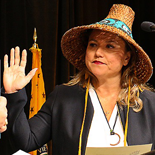 |
Fawn R. Sharp serves as the 23rd President of the National Congress of American Indians (NCAI), the oldest, largest and most representative American Indian and Alaska Native tribal government organization in the country. She is the current Vice President of the Quinault Indian Nation in Taholah, Washington, after being a five term past-President. Ms. Sharp graduated with a Bachelor of Arts from Gonzaga University in Spokane, Washington at the age of 19. She received her Juris Doctorate from the University of Washington in 1995 and has subsequently received certificates from the National Judicial College at the University of Nevada, and in International Human Rights Law at Oxford University. |
Communicating Our Science in a Rapidly Changing World |
|
Monday, 8 November 2021 10:00 AM – 11:30 AM ET |
About This Plenary
Science communication has evolved from an early focus on translation of science to an emphasis on engagement and dialogue with end-users and the broader community. This evolution has increasingly employed skills and practices centered around storytelling, visualization, and person-to-person direct engagement. Rapidly changing environmental conditions and consequent impacts on coastal communities convey an urgency to ensuring that our communication is effective, productive, responsive, and socially relevant. This plenary brings together talented science communicators working in journalism, oceanography, and education to share their experience, lessons learned, and to inspire the CERF community to embrace new models of communication and engagement.
Moderator: Donald Boesch
About the Presenters
| Christopher Joyce | |
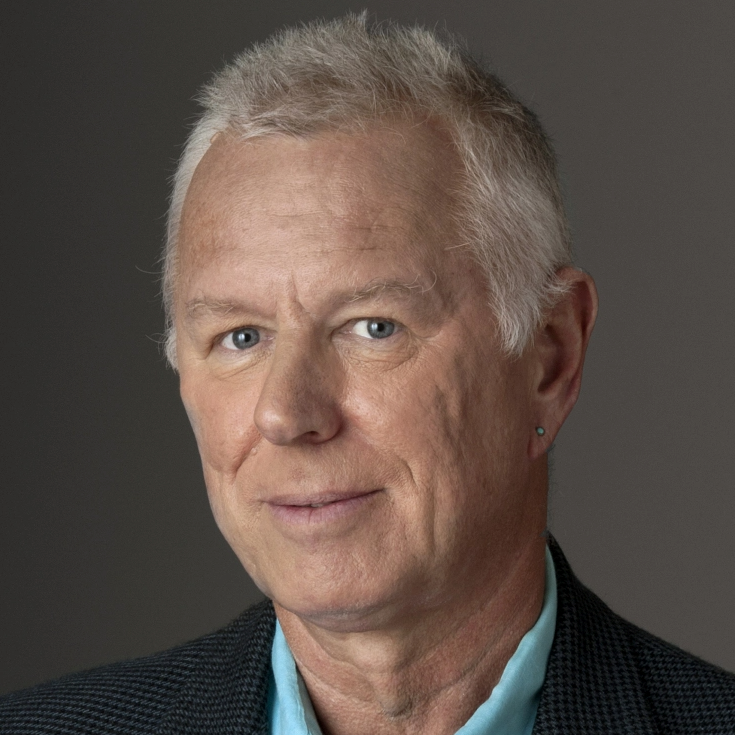 |
Christopher Joyce is a veteran reporter for National Public Radio. For over 27 years Chris Joyce has entertained and informed NPR listeners with his science stories from around the world on Morning Edition, All Things Considered, and Weekend Edition. He was part of the Radio Expeditions reporting and editing team that won the 2001 Alfred I. duPont-Columbia University journalism award and the 2001 Sigma Delta Chi award from the Society of Professional Journalists. Joyce won the 2001 American Association for the Advancement of Science excellence in journalism award as well as the 2016 Communication Award from the National Academies of Sciences. He lives and sails on the Chesapeake Bay and is frequently involved in training scientists through COMPASS and at universities to be more effective communicators via the news media. |
| Dawn Wright, Ph.D. | |
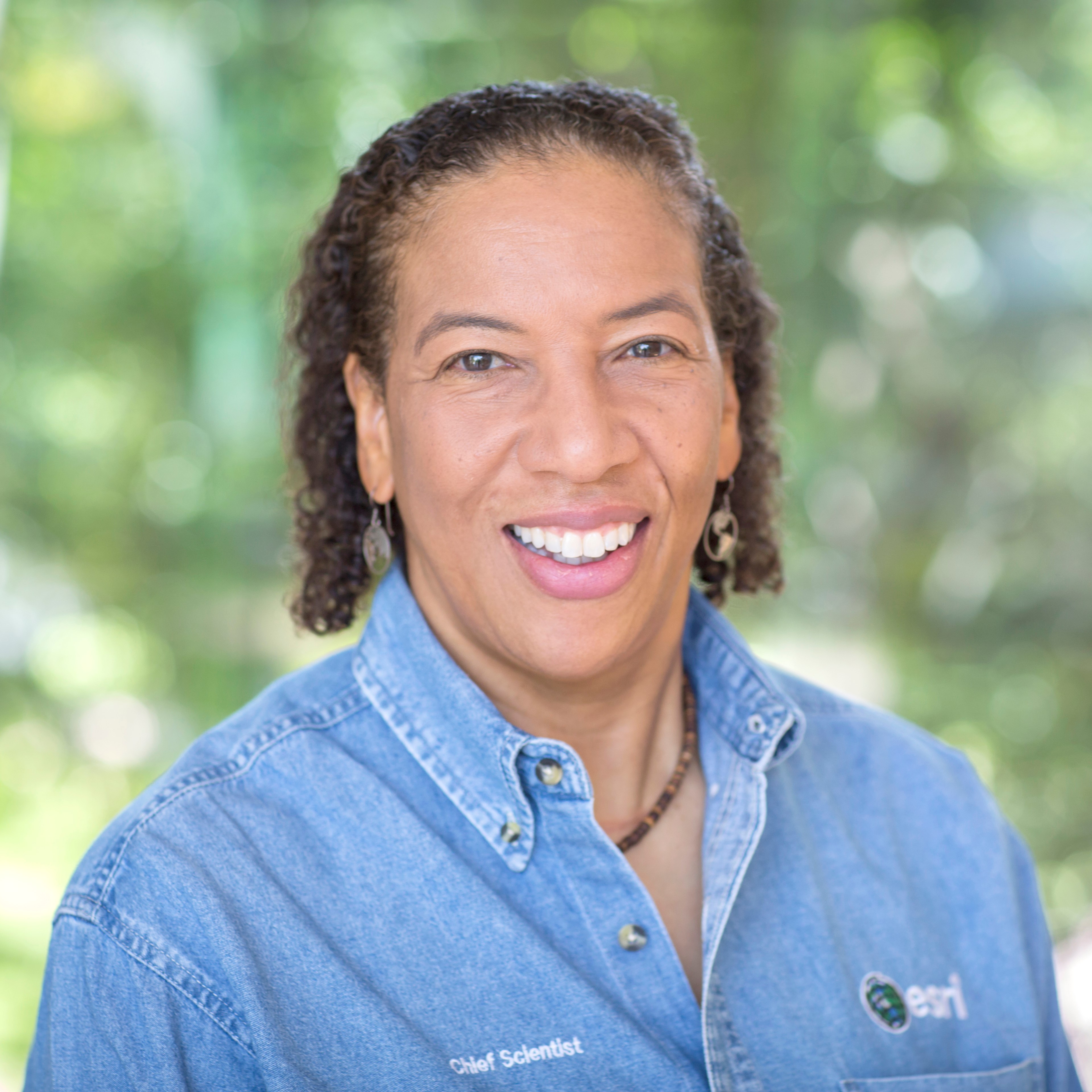 |
Dawn Wright, Ph.D. is Chief Scientist of the Environmental Systems Research Institute (ESRI), a world-leading geographic information system (GIS) software and data science company, where she leads work on environmental, conservation, climate, and ocean sciences. Her current research interests include data modeling, benthic terrain and habitat mapping, and coastal and ocean informatics, as well as science communication and ocean conservation. She serves on the U.S. National Academy of Sciences Ocean Studies Board, the NOAA Science Advisory Board, and many journal editorial boards. She has a faculty appointment as Professor of Geography and Oceanography in the College of Earth, Ocean, and Atmospheric Sciences at Oregon State University. She was named Oregon Professor of the Year by the Council for the Advancement and Support of Education and the Carnegie Foundation for the Advancement of Teaching. |
| Howard Forbes Jr. | |
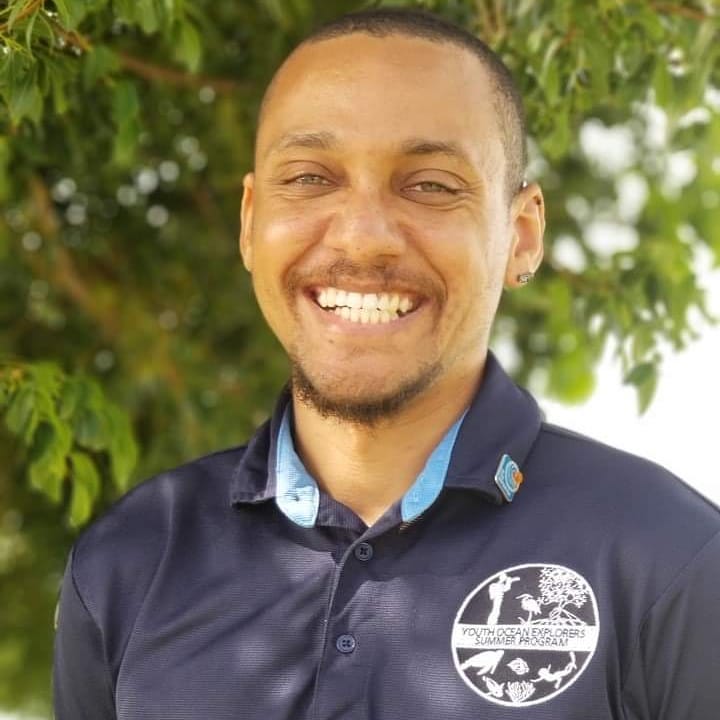 |
Howard Forbes Jr. is the St. Thomas Coordinator for the Virgin Islands Marine Advisory Service (VIMAS), which operates through the University of the Virgin Islands (UVI). He received his Master of Science in Marine and Environmental Science from the UVI. His research interests are focused on medicinal chemistry and mangrove ecology, and these have shaped his role as VIMAS Coordinator. He has been innovating techniques to effectively communicate science to a broad audience. He is the Director of the Youth Ocean Explorers Summer Program, a four-week marine science based summer program that uses the ocean as the lens through which to teach students about the importance and value of our oceans, while exploring career paths in geosciences. Howard is a native Virgin Islander whose free time is spent SCUBA diving and hiking through mangrove forests. |
Return to Top
Bridging Coastal Science with Policy to Meet the Challenges of a Changing World |
|
Wednesday, 10 November 2021 1:00 PM – 2:30 PM ET |
About This Plenary
It is already clear that the Biden Administration has brought an impressive presence of coastal and estuarine expertise to impactful policy positions across the U.S. federal government. The focus on climate policy and the confluence with the UN Decade of the Ocean initiative brings the prospect of real change around issues of coastal restoration and sustainability. This plenary brings together a sampling of those individuals now bringing the urgent needs of our coastlines to policy makers and provides an opportunity for the CERF community to hear about legislative solutions and the future of coastal policy.
About the Presenters
| Sandra Connors | |
|
|
|
| Mark Gold | |
| |
Mark Gold joined OPC in July of 2019. As Executive Director of OPC and the Deputy Secretary for Ocean and Coastal Policy for the California Natural Resources Agency, Mark serves as a key advisor to Governor and the Secretary of Natural Resources and directs policy, scientific research, and critical partnerships to increase protection of coastal and ocean resources in California. Prior to his appointment, he was the UCLA Associate Vice Chancellor for Environment and Sustainability where he led their Sustainable Los Angeles Grand Challenge effort. Prior to UCLA, Mark was the first hire at Heal the Bay, where he served as their President for 18 years. During that time, he worked on ocean and coastal legislation and policy, stormwater, watershed management, and marine conservation and coastal restoration issues, projects and programs. Over the course of his career, his research focused on beach water quality and health risks, as well as sustainable water resources management. Mark received his bachelor’s and master’s in Biology as well as his doctorate in Environmental Science and Engineering, all from UCLA. |
| Ike Irby | |
| |
Biography coming soon! |
| Christophe Tolou | |
| |
Biography coming soon! |
Return to Top

